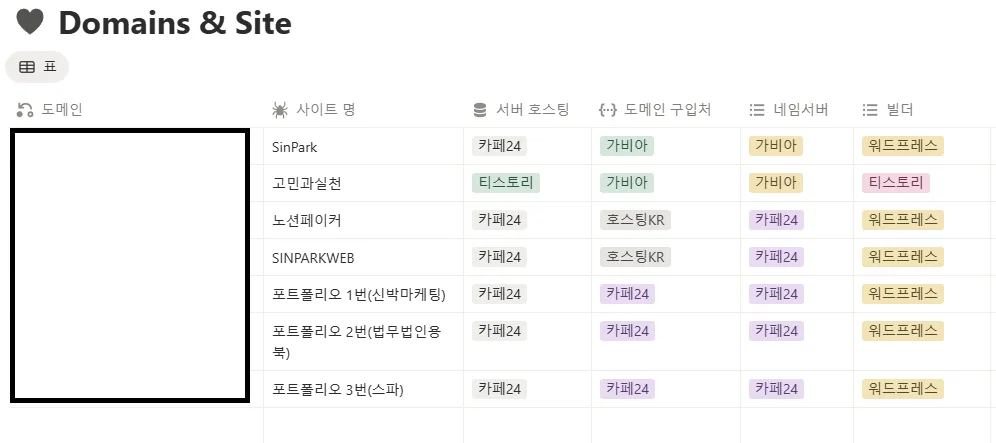Discover how Notion for knowledge management helps you organize ideas, capture notes, and streamline your workflow. Learn strategies for building a smarter system.
A Notion(what is notion?) for knowledge management system is one of the most powerful ways to make use of this versatile tool. While many people use Notion for tasks or calendars, its real potential shows when you treat it as your personal knowledge hub. By organizing ideas, connecting notes, and keeping information searchable, you create a system that supports long-term growth and smarter decision-making.

Why Use Notion for Knowledge Management?
When information is scattered across different apps, it becomes difficult to find and use later. A Notion knowledge management setup solves this by bringing everything into one place. Articles, book notes, project ideas, and meeting minutes can all live inside a single workspace. Instead of hunting through folders or apps, you can rely on one structured system.
Building a Centralized Knowledge Hub
The foundation of a good Notion for knowledge management workflow is a central database. Think of it as your digital library. Every note, reference, or research item enters here first. With tags and properties like topic, source, and relevance, you can filter and connect ideas easily. The more consistent you are, the more powerful the system becomes over time.
Linking Ideas to Projects
A common mistake is collecting notes without applying them. In a strong Notion knowledge management system, you connect references directly to ongoing projects. For example, a book summary about leadership can be linked to a project page where you’re planning a workshop. This ensures that ideas don’t just sit in storage but actively support your work.
Review and Reflection Habits
Even the best system fails if you never revisit it. A sustainable Notion for knowledge management workflow includes weekly or monthly reviews. During this time, you resurface old notes, archive outdated items, and highlight insights worth applying. This reflection step keeps the database alive and prevents information overload.
Keeping It Simple and Sustainable
The biggest risk is over-engineering. Too many properties, relations, or fancy dashboards can slow you down. A good rule of thumb: if updating your Notion knowledge management system feels like extra work, simplify it. Keep the structure light enough so you’ll actually use it daily.
By using Notion for knowledge management, you turn scattered notes into a connected network of ideas. The result is more clarity, faster access to information, and smarter decisions. Instead of letting knowledge slip away, you build a long-term system that grows with you.
for more tips… down here.